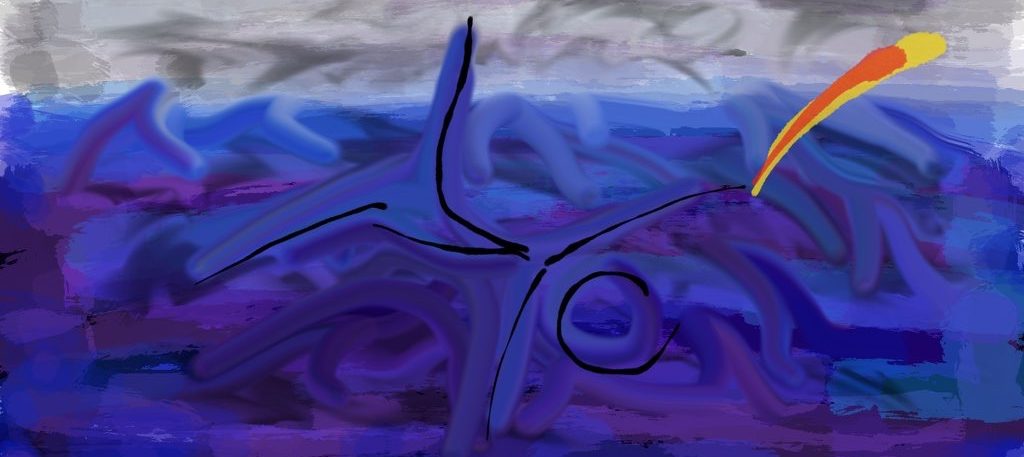Overview:
There are three parts to this exercise. In the first part, you will imagine a scenario described in a short video, in the second part, you will be invited to reflect individually on a set of questions about the scenario itself, and in the third part you will complete and submit a questionnaire, which is part of your assignment.
Instructions:
In the first part, the scenario places you on 10th December 2048, one hundred years from the date the Universal Declaration of Human Rights was adopted by the United Nation’s general assembly. You are in a 3D virtual reality world-conference call where people across the globe have gathered to decide the direction of education after a period of catastrophic events. These events have happened as a result of bad human choices followed by a period where humanity managed to be taught by the consequences of their actions and to co-exist in wiser and healthier ways. In the second part of the experiment, you are invited to consider questions about the scenario, and the questionnaire will help you reflect on your affective responses to the experiment itself.
This experiment is not trying to impart content or to offer a specific teleology – a point of arrival that we all should agree with. The exercise is neither descriptive or prescriptive, instead it intends to clear space and build collective capacity for us to reflect on the role of education in confronting the potential and/or likelihood of social and ecological collapse in (and/or beyond) our lifetimes.
As you watch the video, pay attention to what is happening in your body. This exercise can support you to expand your capacity for “holding space” to face, process and release difficult emotional states. Holding space means accepting (without endorsing) and being present to what is the emotions and reactions that emerge, even if it is difficult, painful, irritating or overwhelming, without deflecting, turning away, feeling immobilized or demanding to be rescued from discomfort.
Observe the parts of you that desire to relate to this experiment through logic (focusing on the accuracy of descriptions and feasibility of prescriptions presented in the exercise), the parts of you that desire to relate to the experiment through creativity (focusing on the artistic license and movement of the metaphors), the parts of you that want to relate to the experiment through the body (focusing on physical sensations and affective responses), and the parts of you that experience the exercise as a mixture of these modes of relating, or others that may emerge.
This is important: This exercise invites you to “zoom out”, taking a step away from yourself in order to “observe yourself observing”, “holding space” for all the reactions or resistances that may come up towards the exercise. In other words, try to observe the affective states that emerge for you with curiosity, without trying to immediately interpret them and without investing emotionally.
Part 1 (video): Education 2048
Part 2 (reflection): Questions about the scenario
You are invited to reflect individually (or with a friend) on the following questions (you can make notes in your private learning journal if you want):
- What do you think was the event that made us realize we needed another way to (co)exist?
- What was the rehab process like? For you and those around you? What did it entail? Was it painful? Uncomfortable? Difficult? What did you grieve losing the most? What are you most grateful to have experienced?
- What motivated us to keep going on an unsustainable and violent path until 2039? How were policies, technologies and market economies used to support violence and unsustainability?
What do you remember wanting most during that time? - What motivated us to keep going on a different path after 2039? What healthier and wiser forms of organization and economies emerged? How was technology used to support a different form of (co)existence? Had your own needs, dreams and desires changed?
- Who were the people who survived? Who perished? Why? Did you know the answer to the question above? How come you knew?
- What did we fail to learn up to 2018 that could have prevented the most harmful events of the next two decades?
- Knowing what you know in 2048, if you could go back to 2021, what advice would you give to the people who are about to face the events that unfolded?
Part 3 (questionnaire): Affective responses
This questionnaire will support you in processing the affective responses (emotional states) that may have emerged during the exercise. This is a required assignment for this unit, but your answers will remain anonymous (i.e. course instructors will not be able to identify who you are).
